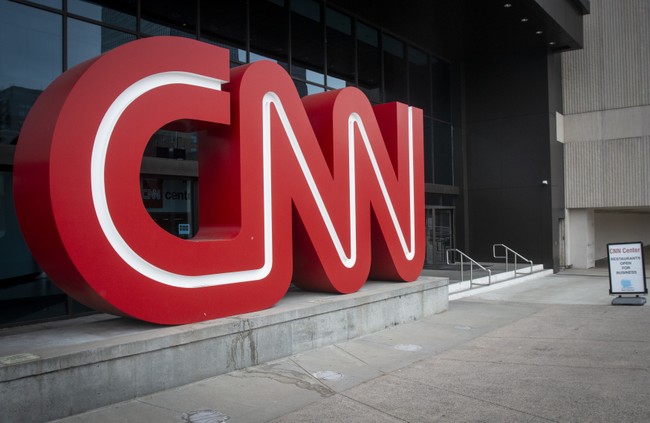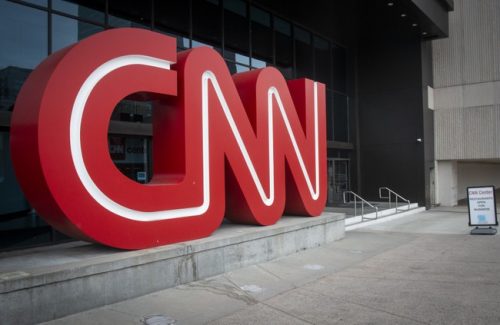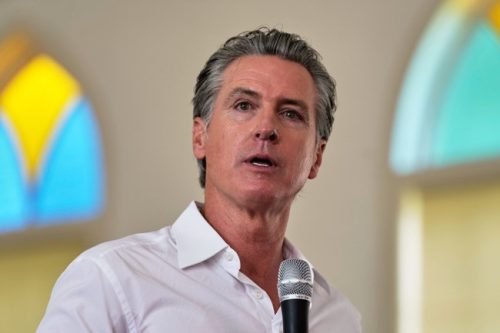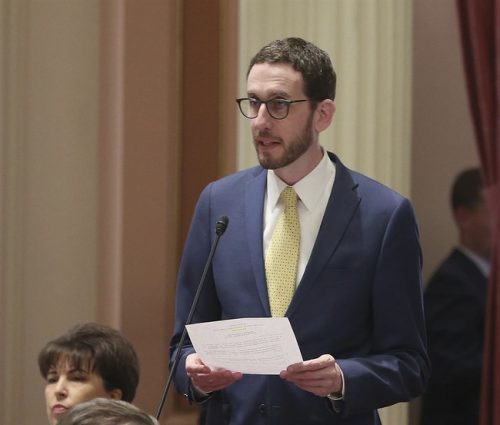Quick summary: A CNN exchange bemused Scott Jennings as Democrats pushed a shutdown over illegal immigrant healthcare and NPR funding, demanded $1.5 trillion in concessions, then accepted a deal similar to the GOP offer; the fallout leaves policy fights and political blame in its wake.
Watching a liberal strategist on cable stumble through an explanation, Scott Jennings looked on like someone who’d seen this movie before. The core fight was simple: Democrats shut down the government over illegal alien health care benefits and NPR funding, then tried to leverage a huge price tag to get their way. They demanded roughly $1.5 trillion for these initiatives, a dollar amount the GOP and the Trump White House were never going to sign off on.
The end result is what conservatives expected: a loss for the shutdown architects. Republicans held firm, stalled a partisan grab for new entitlements, and forced Democrats to come back to the table. The media will spin it differently, but actions and outcomes matter more than headlines when budgets get settled.
Democratic strategist Madeline Summerville admitted the optics were bad and said it had to “suck” for Republicans, which only made Scott Jennings smirk last night. That line—uttered on national television—captured the disconnect between Democratic talking points and the deal that ultimately passed. The surrender came after weeks of brinksmanship that left appropriations unfinished and normal governing delayed.
Scott Jennings shuts down CNN's Madeline Summerville.
"This sucks for you guys, because Trump has put you in a very difficult position"
"I don't know you very well, but I can assure you that Donald Trump being President versus Joe Biden in no way shape or form sucks for me" pic.twitter.com/ZbRtRq0Cqo
— Thomas Hern (@ThomasMHern) November 12, 2025
“I don’t know you very well, but I can assure you that Donald Trump being President versus Joe Biden in no way, shape, or form sucks for me,” he said. Jennings pointed out that when pressed, Summerville and others in her camp could not definitively name who had been running the country the last four years. That concession undercuts the narrative that Republicans were uniquely damaged by this standoff.
Factually, the resolution that reopened the government looked a lot like the GOP’s original offer. A vote on Obamacare subsidies was scheduled for mid-October, government funding runs through January 30, and SNAP funding was extended through September 2026. The continuing resolutions Democrats refused early on were seven-week measures set at Biden-era funding levels — clean stopgap bills meant to buy time to finish roughly a dozen appropriations bills.
Those clean CRs would have kept the lights on while lawmakers did the detailed work of budgeting, but Democrats chose escalation instead. The failure to negotiate in good faith delayed normal appropriations and introduced uncertainty into programs and markets. The Affordable Care Act issues now swirling are a direct consequence of Democratic strategy during what has been labeled the Schumer Shutdown.
This was a political theater move, not a serious budget negotiation, and ordinary people paid the price while Washington tallied political points. When policy gets held hostage to pure partisan optics, families, service providers, and state budgets feel the squeeze. That tradeoff explains why so many conservatives reacted with frustration at the tactics and relief at the outcome.
Editor’s Note: After more than 40 days of screwing Americans, a few Dems have finally caved. The Schumer Shutdown was never about principle – just inflicting pain for political points.
What remains is a hard lesson for both parties: brinkmanship wins headlines but rarely wins policy. Republicans can argue they preserved fiscal discipline and blocked a one-sided expansion of benefits, while Democrats have to answer to voters for the disruption their strategy caused. The next round of appropriations will test whether either side learned anything useful from this episode or if they’ll repeat the same tactics when the next deadline arrives.






